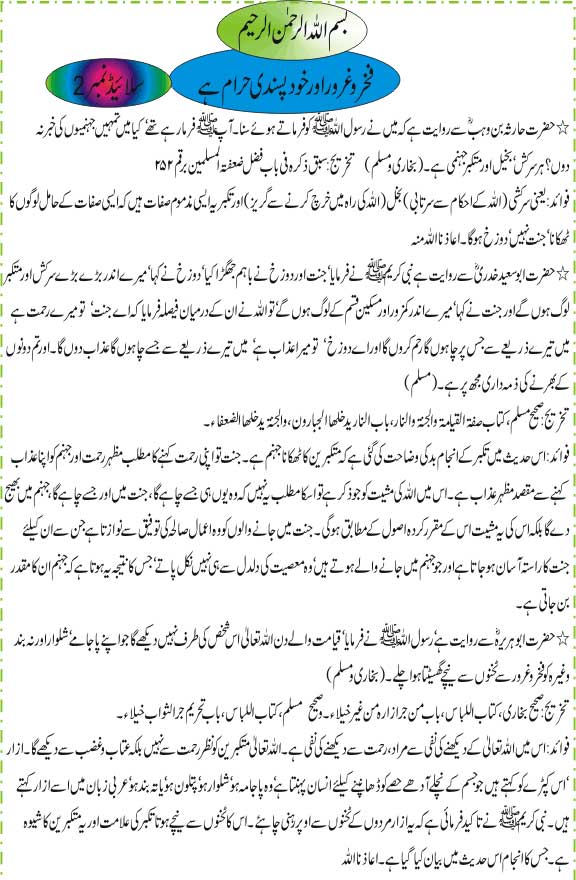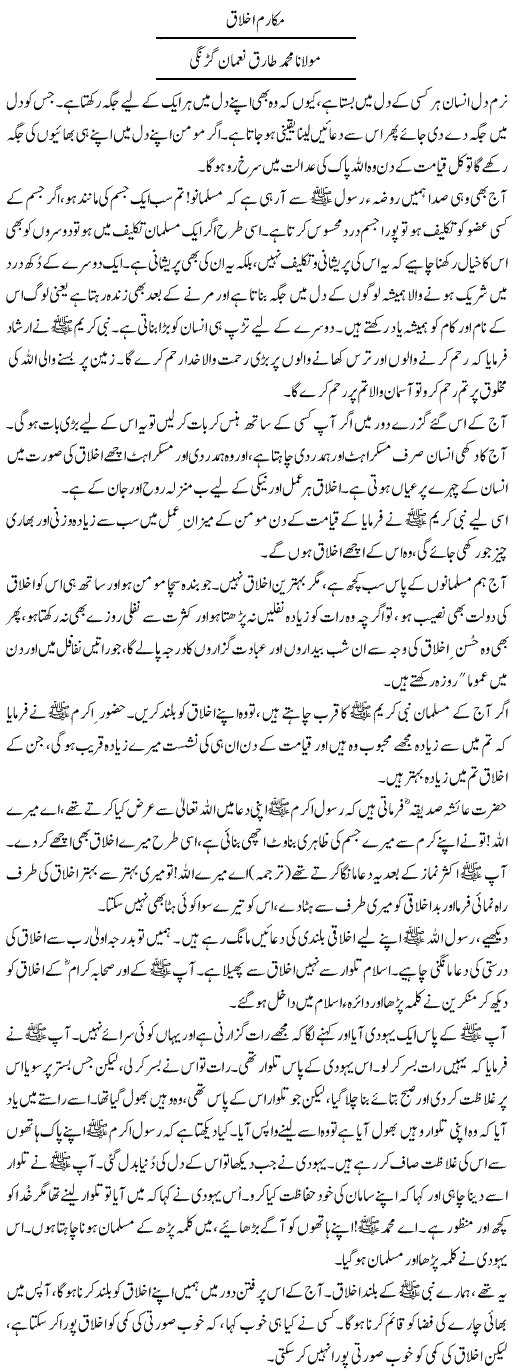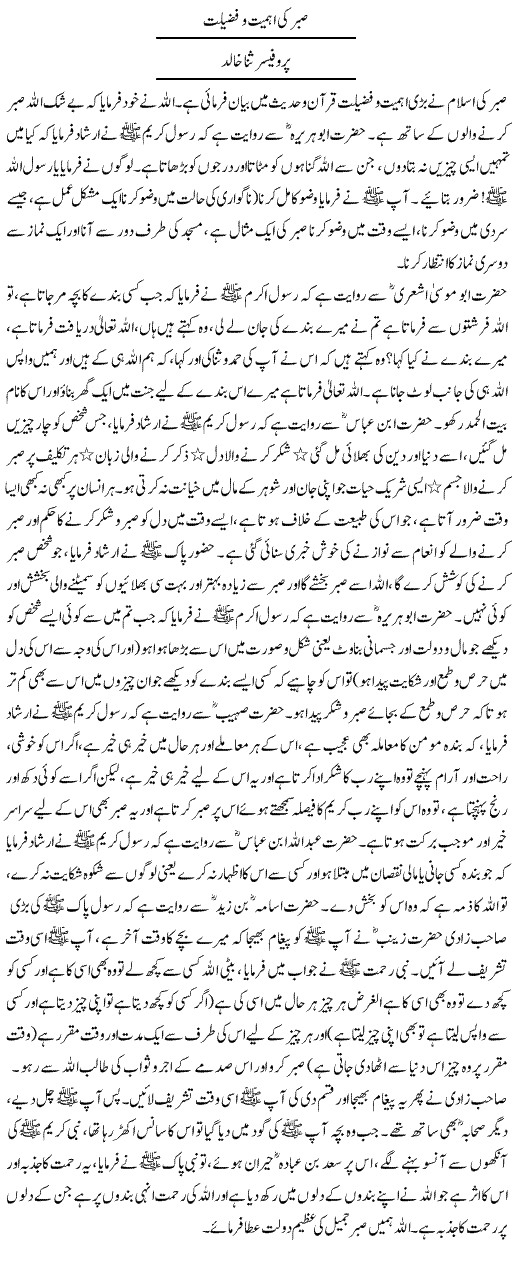First, we human beings have to remember that we have limited knowledge and perceptions. The things of the hereafter are beyond our understanding. That does not mean that Paradise and Hell are not physical. It is wrong to think that our next life will be only spiritual. We are told that we will be resurrected and re-created, but life in Paradise will be unlike life here. We will eat and drink but there will be no filth or dirt. Our bodies will not excrete wastes nor will they grow old.
Not only our physical bodies but also our psychology (or nature) will be different. The Qur’an tells us that there will be no vanities or hard feelings in Paradise. Those who are blessed enough to enter will have all they desire and there will be no jealousy.
Second, it is not important to understand exactly what Paradise and Hell will be like. It is important to know how to develop our relationship with God so that He will reward us with Paradise.
If we learn all the details of what life in Paradise will be like but fail to worship and serve God, then our knowledge is useless.
If a man in this world is allowed to have up to four wives (if he treats them equally), what is so wrong with him having more than that in the next life? Remember, our bodies and psychologies will be different and we cannot compare our life here with our life in the hereafter.
There is another Hadith that believes women in Paradise will have a higher status than even the houris. The believing women will say, “We shall have eternal life and will never die; we are the gentle ones who will never despair; we have settled down and shall never depart; we are contented and shall never be dissatisfied; blessed are we and blessed are our spouses…” (At-Tabarani, summarized in A Thematic Commentary on the Qur’an by Sheikh Muhammad Al-Ghazali).
From that, we can judge that the believing women will not be dissatisfied if their husbands also have houris. Why should we judge life in Paradise by the standards of our lives here?
The Qur’an does tell us that we will be greeted with the word “Peace!” when we enter Paradise. We should not question God’s wisdom in making us in the nature we are now or in re-creating us in the nature we will have. We know that He is the Most Generous and Most Merciful, and we have no right to question what He chooses to give us in Paradise. Our focus should be on worshiping and serving Him, developing our relationship with Him so that we may hope for His generous reward of Paradise.




